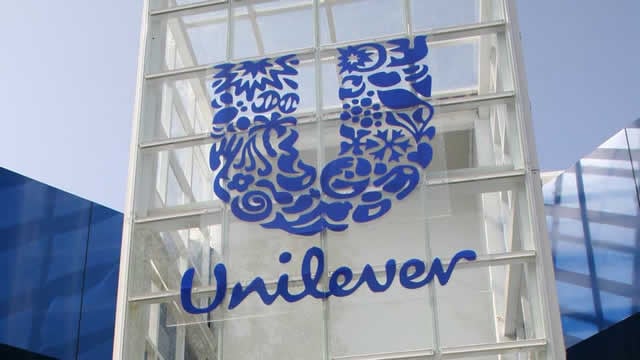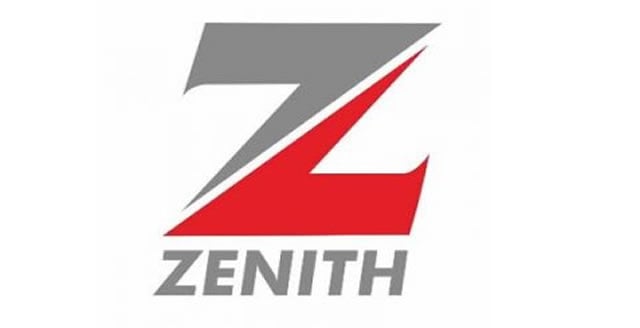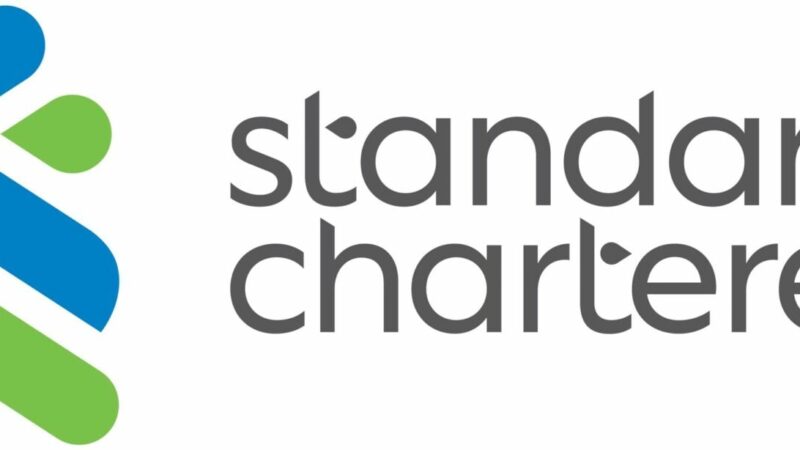Crude-for-loan: Local crude demand rises as NNPCL battles debt servicing
 The Nigerian National Petroleum Company Limited may continue servicing its crude-for-loan obligations till 2029 as the demand for oil by domestic refineries increases.
The Nigerian National Petroleum Company Limited may continue servicing its crude-for-loan obligations till 2029 as the demand for oil by domestic refineries increases.
NNPCL’s debt burden arises from several crude-for-loan agreements that have tied volumes of the country’s oil production to various financial commitments.
This is as the local demand for crude has continued to rise following the coming onstream of the Port Harcourt and Warri refineries, alongside the mega $20bn Dangote Petroleum Refinery located in Lagos.
Also, the Nigerian Upstream Petroleum Regulatory Commission revealed last week that the Port Harcourt, Dangote, Warri, and other functional refineries would require 123,480,500 barrels of crude oil between January and June 2025.
This means the demand for crude by indigenous refiners has continued to rise amid the crude-for-loan obligations of the national oil company.
Findings showed that the NNPCL has pledged 272,500 barrels per day of crude oil through a series of crude-for-loan deals totalling $8.86bn.
Pledging 272,500 barrels daily means that about 8.17 million barrels of crude will be used for different loan deals by the national oil firm monthly
This is according to an analysis of a report by the Nigeria Extractive Industries Transparency Initiative and the NNPCL’s financial statements.
Under these deals, notable projects include Project Panther, Project Bison, Project Eagle Export Funding (Original, Subsequent, and Subsequent 2 Debts), Project Yield, and Project Gazelle.
According to The PUNCH’s findings, NNPC has already repaid at least $2.61bn in loans, representing 29.4 per cent of the total credit facility, while $6.25bn or 70.6 per cent, remained outstanding as of June 2024.
One of the most notable agreements, Project Panther, involves a $1.4bn facility secured in 2022 from a consortium of commercial banks and Chevron Nigeria Limited.
With a maturity date of 2029, the loan carries a seven-year tenor and has seen NNPCL draw $359m so far.
However, no repayment has been made as the deal allows for a moratorium period before principal repayments commence.
In exchange, 23,500 barrels of crude oil per day have been pledged as collateral, under financing terms that include a 3-month SOFR rate, a 5.5 per cent margin, and a one per cent liquidity premium.
In 2021, NNPCL secured a $1.04bn pre-export financing facility, known as Project Bison, to acquire a 20 per cent equity stake in the Dangote Refinery.
The deal, fully repaid by 28 June 2024, required NNPCL to pledge 35,000 barrels of crude oil per day.
While this marked a significant milestone in funding a critical piece of infrastructure, it also underlined the challenges posed by using oil assets as collateral, as it constrained the crude oil available for local refineries.
Another significant financial arrangement is Project Eagle, which encompasses multiple tranches of export funding.
The original $935m tranche, obtained in 2020 with a five-year maturity tenor, required the pledge of 30,000 barrels of crude oil per day and was fully repaid by September 15, 2023.
However, subsequent tranches extended the financial strain. A $635m tranche, similarly pledged and repaid by September 2023, gave way to a larger $900m tranche obtained in 2023, with a maturity date in 2028.
Repayment of this tranche commenced in June 2024 following a 12-month moratorium, with 21,000 barrels of crude oil per day pledged as collateral.
Adding to this heavy debt portfolio is Project Gazelle, a forward sale agreement secured by NNPCL in December 2023.
This $3bn facility, which matures in five years, required NNPCL to pledge 90,000 barrels of crude oil per day from its Production Sharing Contract assets to cover future tax and royalty obligations.
By the end of 2023, $2.25bn had been drawn from this facility, with repayments scheduled to commence by mid-2024.
This agreement further demonstrates NNPCL’s deepening reliance on leveraging crude oil production to meet financial and fiscal obligations.
The company’s commitments do not end there. Project Yield, designed to support the Port Harcourt Refinery Company, involves a $950m facility obtained in 2022 and maturing in 2029.
This agreement pledges an even larger volume of crude oil—67,000 barrels per day—and has repayments scheduled to begin in December 2024.
While the project aims to improve local refining capacity, it has also contributed to the significant diversion of crude oil towards debt servicing.







